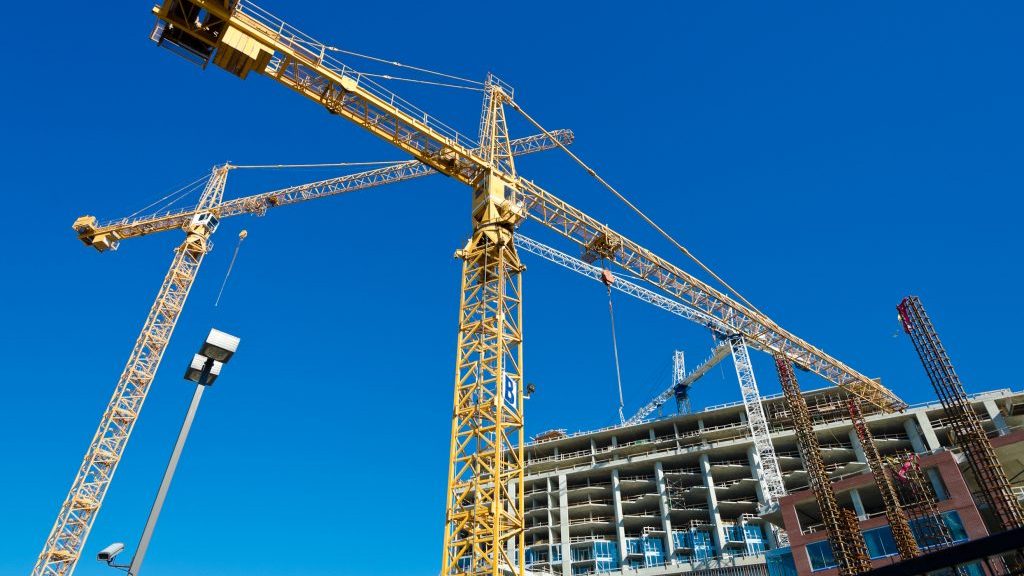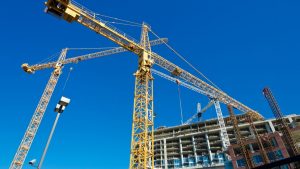BILD Alberta, part of the newly-formed Alberta Construction Code Working Group, is pushing for more consistency in the province’s building and related codes as well as more innovation in technology and design to keep housing affordable.
“The building code is not black and white,” said Scott Fash, a registered professional planner and BILD Alberta CEO, adding parts are open to interpretation and that inconsistency is causing difficulties for developers and builders across different jurisdictions and even within a jurisdiction.
A major construction company may work in a dozen different areas of Alberta at one time and be subjected to different interpretations, he said. It can also occur within a municipality where a contractor can successfully have a project approved and then submit the same building plan later and have it turned down by a different municipal officer, he said.
“They are not doing anything inherently wrong; it is just a difference of opinion.”
For developers and contractors, it points to more costs and difficulties meeting Alberta’s surging housing demands.
“The result is that buildings are not approved, delayed, or the building design is change,” he said. “This can add a considerable amount of time to a project, adding up to years before a project moves forward.”
BILD Alberta wants to see that time drag slashed to months by having a tribunal that is able to provide a decisive interpretation when there is a difference in interpretations that affect construction. Many other provinces have this resolution mechanism including B.C.
The government utilizes the BC Building Code Interpretation Committee to provide uniform, province-wide, although non-binding interpretations, of the BC Building Code and the BC Plumbing Code. The B.C. process also has an appeals committee that can review municipal decisions.
Fash wants to see decisions circulated throughout the Alberta construction sector so that a general consensus forms, which would also benefit suppliers who order and stock inventory.
The consensus would further expedite what Fash calls one of the fastest building approval systems in Canada. The system is fast-tracked because 2024 Alberta’s Building Code aligns with the National Building Code and has not been added to by municipalities.
Those additions – such as Vancouver prohibiting natural gas in new construction – have been heavily discouraged by industry, Fash said.
The Working Group, with a mandate to make development and construction more streamlined and keep housing affordable, was struck in December 2024 by the provincial government. The members include not only BILD Alberta but representation from government, the cities of Edmonton and Calgary, the development community and the Safety Codes Council.
The working group findings are expected to inform future initiatives under Alberta’s Housing Action Plan, which also aims to reduce delays and address affordability challenges.
The working group is also providing BILD Alberta the opportunity to meet with major urban municipalities to stress the importance of freeing up land early to keep ahead of market housing demands. Fash points to Calgary as an example where developers have seen proposals denied and then the city faces downstream housing shortages.
The city turned down numerous new development plans for community business cases from 2018-2020, Fash said. In 2020, 11 proposals were turned down.
“You need approval to come multiple years before building,” Fash said.
The impact of these decisions has been a housing shortage in 2024 and housing prices spiking, he said, adding it is a cautionary tale for larger centres.
The Canada Mortgage and Housing Corporation recorded Alberta is leading Canada as in the first quarter of 2025 it accounted for over 25 per cent of all national housing starts, despite having less than 13 per cent of the country’s population. Alberta saw a 32 per cent increase in housing starts in 2024 compared to 2023, with a record 46,632 new homes.
Innovation in the construction industry is another area where BILD Alberta sees a need. Prefabrication is occurring in Alberta, he said, but there is a significant capital investment for companies constructing these facilities. While these plants flourish when there is an acute shortage of housing, there is a carrying cost for these plants when the housing market is flat, he said.
At the same time, proving out innovation in products and building methods is “a tricky question,” he said, adding there is no clarity in whom should be doing the research and how to integrate it into the industry.
In both the areas of moving to more prefabrication and innovation, there is a leadership role for government to take, he said.
The working group is currently focused on making changes in two areas of the Alberta Building Code. These relate to secondary suites and single-stair apartments to streamline homebuilding.
Fash said during the first four months, the work group has conducted meetings and he’s pleased with the focus of participants.
“Everyone is swimming in the same direction,” he said.






Recent Comments